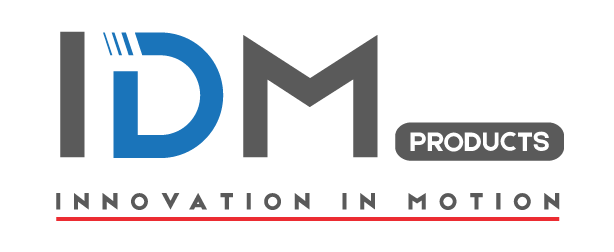Artificial Intelligence (AI) is no longer a futuristic concept confined to science fiction. It’s rapidly permeating every aspect of modern business, reshaping operations, decision-making, and customer experiences. Understanding how companies are leveraging AI is crucial for staying ahead in a competitive landscape. Let’s delve into the practical ways AI is transforming industries and spark inspiration for its implementation in your own company.
Precision Marketing and the Rise of Hyper-Personalization
- AI is a master of data analysis. Companies are harnessing this power to understand customer behavior and preferences on an unprecedented level. Marketing campaigns are no longer generic blasts; they are tailored experiences. Imagine the following scenarios:
- Dynamic Recommendations: E-commerce websites like Amazon use AI to suggest products based on your browsing history, purchase patterns, and even items in your digital shopping cart. This leads to higher conversion rates and increased customer satisfaction.
- Targeted Ads: AI-powered advertising platforms analyze vast datasets to pinpoint the right audience for specific products. Ads are displayed to individuals who are most likely to be interested, maximizing return on investment.
- Chatbots and Virtual Assistants: Many websites and apps now deploy AI-powered chatbots to engage with customers 24/7. These chatbots can answer FAQs, provide personalized support, and even guide users through the sales funnel.
Streamlining Operations and Automating the Mundane
AI-driven automation is liberating businesses from time-consuming, repetitive tasks. Here’s how:
- Invoice Processing and Data Entry: AI systems can accurately scan invoices, extract relevant data, and automatically populate accounting systems. This eliminates manual errors and frees up employees for more strategic work.
- Predictive Maintenance: In manufacturing, AI analyzes sensor data to predict machinery breakdowns before they happen. This allows for proactive maintenance, reducing costly downtime and equipment failures.
- Document Review and Analysis: Legal firms use AI to parse contracts, identify key clauses, and flag potential risks. This speeds up processes and reduces the need for lawyers to manually review large volumes of documents.
AI-Driven Insights and Smarter Decision-Making
Data is the lifeblood of modern businesses, yet making sense of massive datasets often feels overwhelming. AI tools provide clarity and actionable insights:
- Demand Forecasting: AI algorithms analyze historical sales data, market trends, and even social media sentiment to predict future demand more accurately. This optimizes inventory management and streamlines production schedules.
- Fraud Detection: Financial institutions use AI to spot unusual patterns in transactions, flagging potential fraudulent activities in real-time. This protects companies and customers alike.
- Customer Churn Prediction: AI models can identify customers at risk of leaving. Businesses can then proactively address customer concerns and implement retention strategies.
Elevating the Customer Experience
The ultimate goal of any business is to build strong customer relationships. AI plays a crucial role in delivering exceptional experiences:
- 24/7 Support: AI-powered chatbots and virtual assistants provide instant support outside of regular business hours when human representatives are unavailable.
- Personalized Product Recommendations: E-commerce sites and streaming platforms use AI to suggest items or content you’re most likely to enjoy, enhancing the user experience.
- Sentiment Analysis: AI can analyze customer feedback on social media, review sites, and surveys to identify common pain points and areas for improvement.
Getting Started with AI
Adopting AI doesn’t have to be daunting. Here are a few tips:
- Start Small: Identify a specific problem or process AI can address. Begin with a pilot project.
- Data is Key: Ensure you have clean, organized data to train your AI models for optimal results.
- Seek Partnerships: Collaborate with AI providers or consultants to navigate implementation.
AI is a transformative force. By understanding how companies are harnessing its power, you can develop your own roadmap to optimize your business and achieve a true competitive edge.

